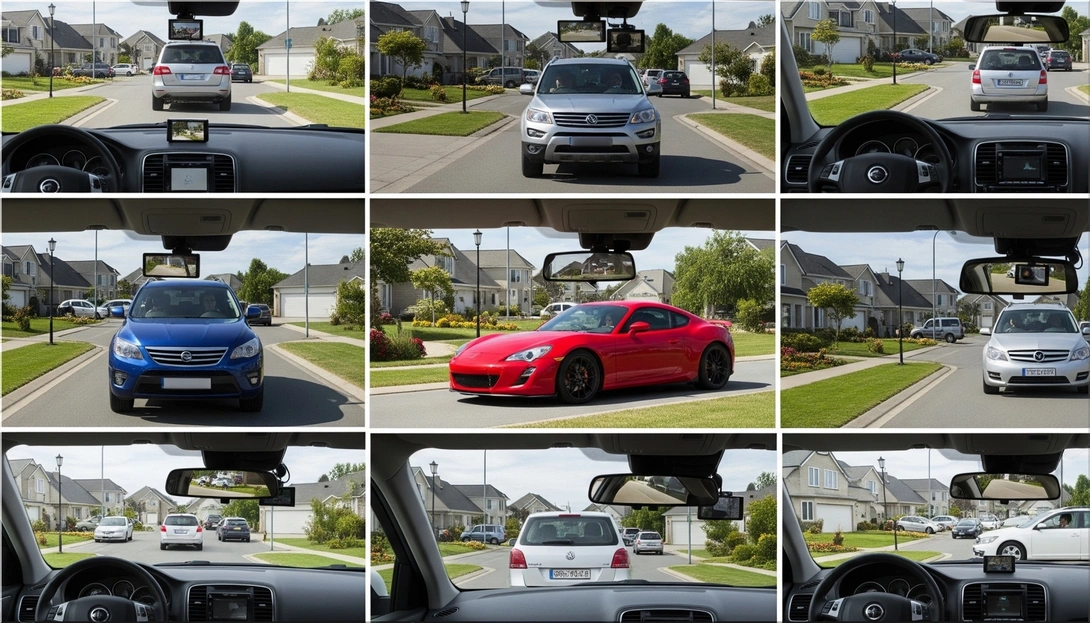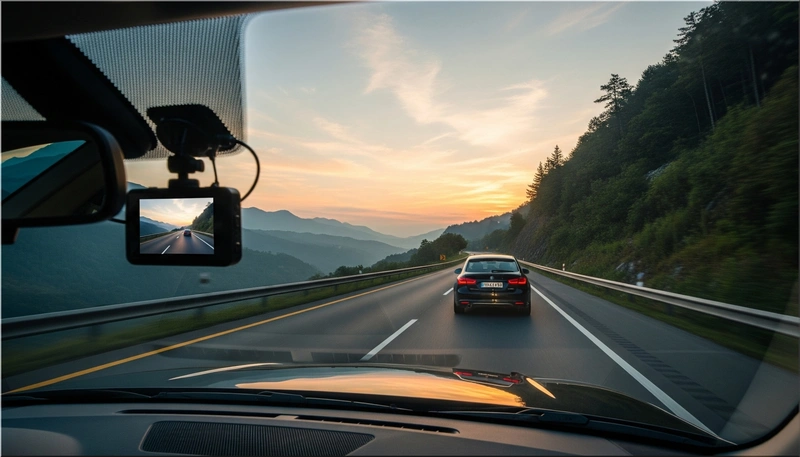The use of dash cams has been steadily rising in recent years, and while official figures vary, it’s thought that around a quarter of Britain’s road users now have a dash cam installed on their vehicle.
We’re looking at why dash cams have become more mainstream, and the benefits for both individual road users and businesses managing fleets of vehicles.
Why Individuals Are Using Dash Cams
As a driver, there are multiple benefits to using a dash cam on your car. One of the main advantages of dash cams is for protection in case of an accident. While a dash cam won’t prevent you from having an accident on the road, it can impact what happens next.
Dash cam footage can be supplied to your insurance company to prove that you weren’t at fault. This can speed up your insurance claim and reduce the likelihood of your insurance premium being increased. Dash cam footage can also be submitted to the police as evidence of reckless driving and help to remove dangerous drivers from the UK’s roads, making them safer for all users.
Another plus point of having a dash cam installed is that it encourages safer driving. Knowing that each drive is being recorded removes the temptation to go over the speed limit, cut corners or park illegally. This can be especially appealing to parents of new, young drivers, who may benefit from that extra supervision as they take to the road.
Dash cams can also be a security feature, particularly if they continue to record when the car is parked. Dash cams can capture acts of theft or vandalism, and footage can be accessed remotely to locate stolen vehicles and bring criminals to justice.
Business Benefits of Dash Cam Use
In addition to the advantages of dash cams in personal vehicles, businesses can also benefit from the use of dash cams for fleet monitoring, accident documentation, and driver accountability.
Dash cams in company cars can help keep premiums down and ensure the smooth handling of any claims that arise.
Legal and Data Considerations
There are, of course, some important considerations to take into account when using a dash cam, particularly when installing dash cams in a commercial vehicle.
If you’re planning to fit dash cams in your company cars, you’ll need to be able to justify why you’re doing it. For example, to provide footage for insurance claims or to comply with an insurance policy that stipulates dash cam use.
You also need to make vehicle users aware that they’re being recorded, and how. For example, is the dash cam set up to be front-facing only? Or will it also be recording the driver’s actions? Do you have access to the audio inside the vehicle?
When storing data from your dash cams, you need to comply with UK data protection legislation, including GDPR, which covers factors like safe storage of data, how long it can be kept for and who can access it. You need to also be aware of the rights of anyone captured on the dash-cam footage, and respond to any Freedom of Information requests received in relation to the footage.
Choosing the Right Model for Dual Use
If you need a dash cam that’s suitable for both business and personal driving use, you should opt for a high-quality front and rear dash cam with versatile features that can meet a range of needs.
Look out for cutting-edge features such as night vision, parking mode, and inbuilt GPS to maximise the benefits of your dash cam.

